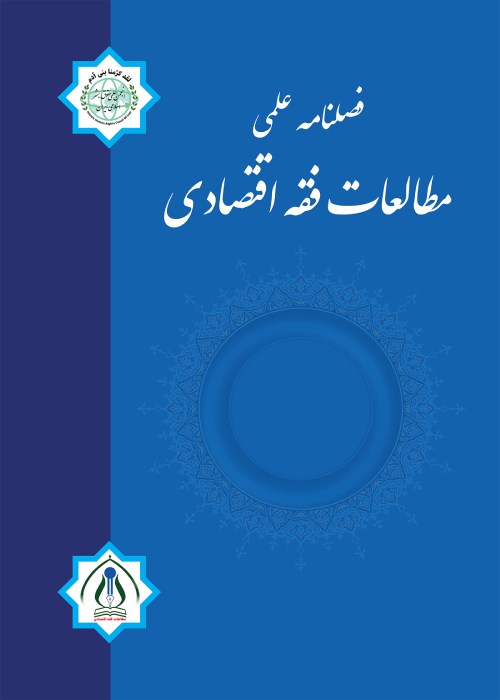Jurisprudence of money in Islamic economics: Credit ownership of money: Public ownership of money
All the problems of a conventional economy are rooted in something real (not real) called inflation. So that even the problems of stagflation, poverty, class divide and unemployment go back to inflation. As a result, it seems that this fact is born of a false credit. As long as this is wrong in the economy, these problems exist. Of course, this seems to be the definition of money in the economy.
The hard core of Islamic economics is money. In this research, the jurisprudence of money in Islamic economics is analyzed. To explain this in detail, it is necessary to analyze the following:1. The role of credit in the economy: Money is a concept of credit (such as meters and kilograms that are credit but have a real origin). The result is not money, goods, capital, wealth of the individual and society. Its ownership is public. Which is necessary and obligatory to circulate in the economy in the form of good loans.2. Analyzing the concept of tax and ownership in Islamic economics 3.The position and role of money in economics (explanation of 4 theories) It seems that in Islamic jurisprudence, money is property (only and only consumer value). But it has no tax (exchange value). But also has ownership. It has credit ownership. In order to maintain the principle of ownership in society, it is necessary to consider money as credit ownership. The principle of ownership is violated when money is considered otherwise.
Ethical considerations:
In all stages of writing the present study, while respecting the originality of the texts, honesty and trustworthiness have been observed.
Money is a tool for measuring value. But the means of exchange is not money (in conventional economics, money is considered the medium of exchange). The means of exchange is consciousness. This is the key to the jurisprudence of money in Islamic economics. In other words, what creates the exchange is not money. It is consciousness. In other words, what transmits value is the awareness of economic agents. Awareness of economic agents that they are exchanging the same values. In other words, a condition is necessary for the formation of money exchange. But the condition is not enough. A sufficient condition is the exchange of consciousness. If consciousness is removed, exchange will not take place. That is, with money alone, exchange does not take place. It is in spite of economic awareness that exchange takes shape. Awareness is the missing link in economics. In other words, in economics, the role of the observer has been ignored. Observers who exchange views with each other.
Exchange is not formed without awareness. Exchange is not formed by removing consciousness. This is a very accurate point. The instrument that plays the role of measuring value must be different from the instrument that plays the role of transmitting value. It is a means of measuring the value of money. But it is a means of transmitting the value of consciousness. With this kind of look at money in economics, money can never be made.
- حق عضویت دریافتی صرف حمایت از نشریات عضو و نگهداری، تکمیل و توسعه مگیران میشود.
- پرداخت حق اشتراک و دانلود مقالات اجازه بازنشر آن در سایر رسانههای چاپی و دیجیتال را به کاربر نمیدهد.


